
Lives at risk in Bentiu as Oil pollutes the environment
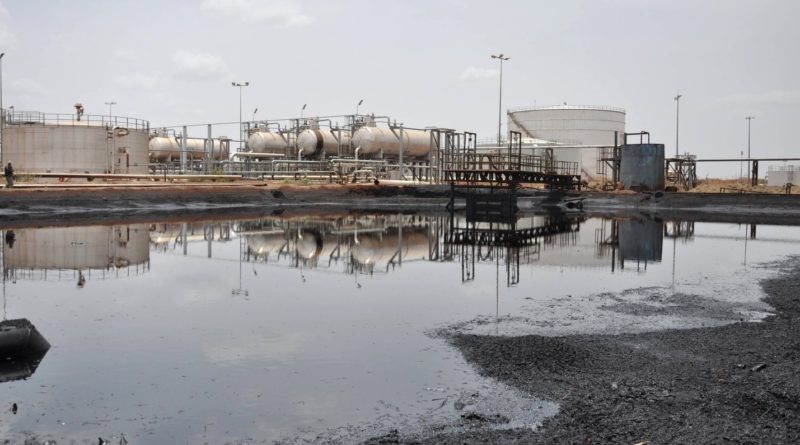
The most profound and adverse impact of oil pollution in Koch county with far-reaching implications on all other aspects of traditional lifestyles and livelihoods had been the total loss of biodiversity and destruction of habitats largely due to soil degradation as this affects the right of animals and the unborn generation.
The results of the unchecked oil pollution in Northern Liech as in many parts of the oil producing states have been the complete destruction of ecosystems, the savannah grassland and the flat plains has fallen to the axe of oil companies, wildlife and game have been driven away and farmlands have been rendered infertile with gross implication on the right to adequate food.
The Northern Liech state Ministry of Health and Environment admits the environmental pollution arising from oil prospecting and exploration has impacted negatively on the biodiversity of the affected areas.
Dr. Duol Biem, director general in the ministry of Health and Environment said that the main stresses arise from leakages of crude oil, gas flaring and the escape of other chemicals used in production processes.
Effects on the livestock and the people living in the oil producing areas have been noticed.
South Sudan government has established laws for protection of the environment from oil exploration, but these laws have not been made effective in terms of implementation, enforcement and monitoring by responsible agencies.
Dr. Biem accused oil companies operating in the region of failing to implement the provisions of the Petroleum Act of 2012 fully. Yet the Act provides for the safety of the people, livestock and the environment reducing the impact of their activities on the host communities.
During oil spills, the process of photosynthesis which enhances plant diversity is impaired since the process is reduced due to the fact that spilled crude has a high absorbance property. When the crude spreads on to the surface of leaves, the latter find it difficult to photosynthesize and thus dies, leading to biodiversity loss.
The toxic crude also affects underground herbs and shrubs, while microbial organisms which form important groups in the food web are also destroyed. This phenomena is evident in the unchecked oil pollution as it is in case of Rubkona area as the dark blend crude oil is acidic in nature.
A report published by a German aid agency in 2018, “sign of hope” revealed that various disorders are contracted through the consumption of polluted water from water bodies in oil producing communities.
The report indicated that high level of lead and barium were found in the hair samples taken from volunteers living around Thar Jath oil processing plant in South Sudan.
This shows that there is a direct link between the contamination of the people and the activities of the petroleum industry working in the Republic of South Sudan.
Crude oil exploration and production often lead to greater social consequences than other forms of development induce socio-economic disruption hence affecting the communities’ livelihoods.
Dr. Duol Biem. Director General, Ministry of Health and Environment Northern Liech State after an interview on 8th/7/2019 (Photo: Woja Emmanuel)
The environmental pollution caused by oil drilling also results in a destruction of livelihoods in local communities making it difficult for the present and future generations to make a living off their land.
Farming activities, as the backbone of these economies, literally grind to a halt with the exploration of oil.
One fallout of oil pollution in the Koch area is the destruction of the traditional local economic support system of fishing, farming, and livestock rearing.
The combination of the effects of the oil spill and acid rain resulting from gas flaring has been soil degradation which affects crop yield and harvest.

















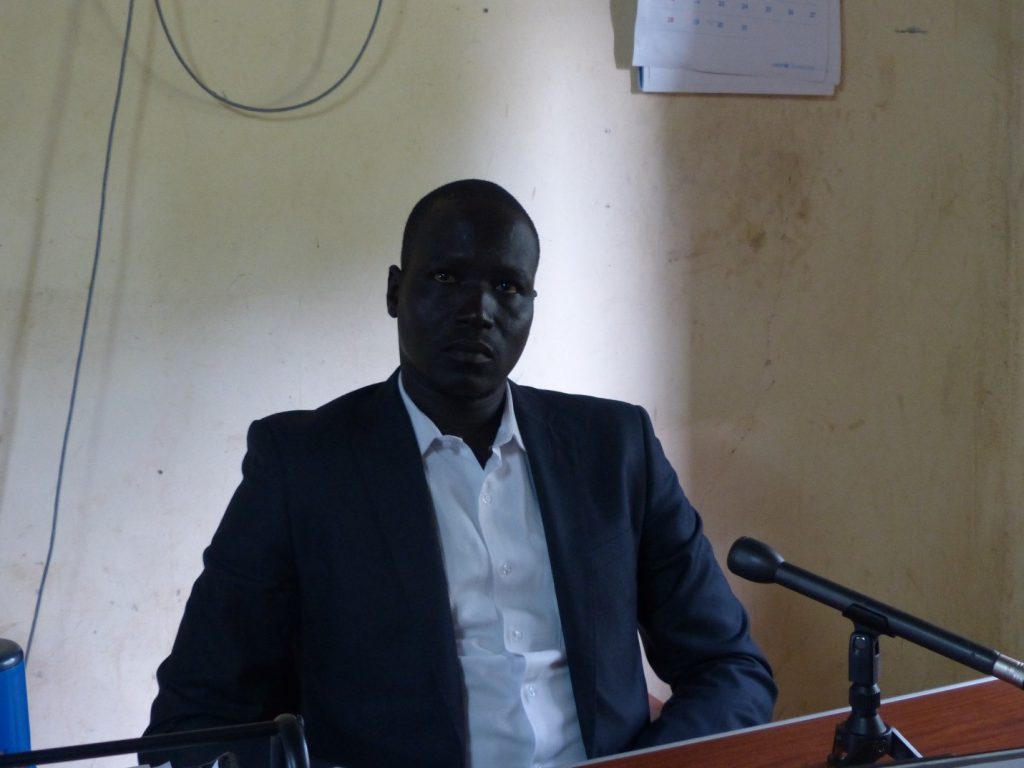
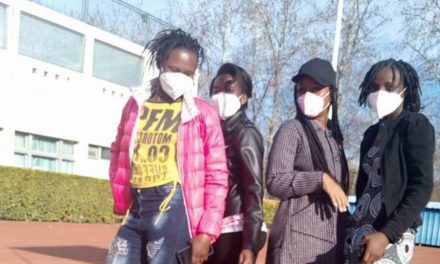
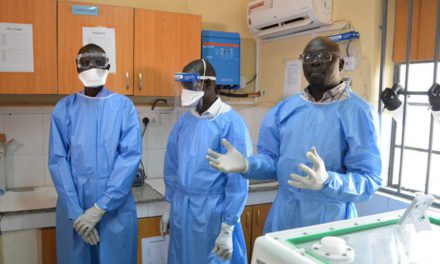
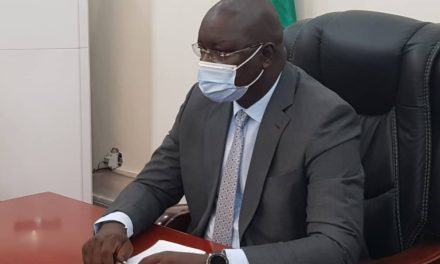
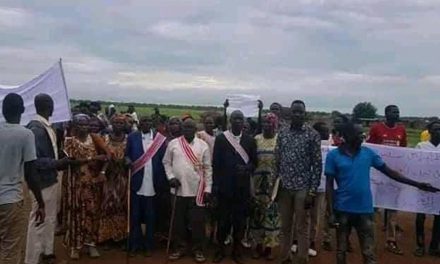
Recent Comments